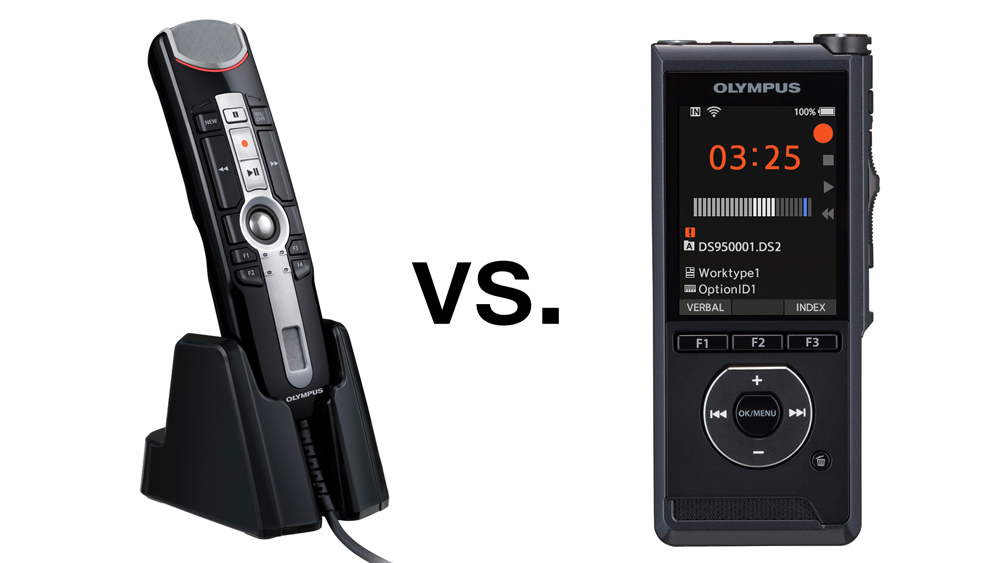

To achieve this transition, Google’s team spent five years investigating the problem and simplifying the AI systems the app uses for voice recognition. “You just wouldn’t use that keyboard.” But by taking the system offline, she says, dictation will become a more natural choice.


“Imagine if you had a keyboard where you couldn’t click on the keys whenever the connectivity is lousy,” says Beaufays. Taking dictation offline makes it more reliable and maybe more popular It’s computationally intensive, meaning most speech recognition systems have to send data over the internet, and the result is dictation that’s slow and unreliable. She notes that although speech recognition has improved in recent years, it’s still an immature technology. This might sound like a trivial use case, but Beaufays argues that improvements to speech recognition will slowly revolutionize how we interact with our mobile devices. “This is exactly the moment where you don’t have connectivity because you’re moving off Wi-Fi towards a cellular plan.” With the upgrade to Gboard, Beaufays tells The Verge, “that problem is not there anymore.” “Imagine you’re walking out of your building and you want to send a message to someone saying ‘I’m running late,’” says Françoise Beaufays, a research scientist and team lead at Google’s speech recognition and mobile input group.
Voice dictation software 2019 update#
The update means users will be able to dictate emails and texts faster and more reliably, says Google, without worrying about whether they’re connected to the internet. Google is updating its Gboard keyboard on Pixel phones with AI-powered offline dictation.


 0 kommentar(er)
0 kommentar(er)
